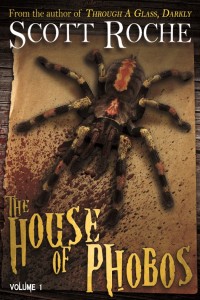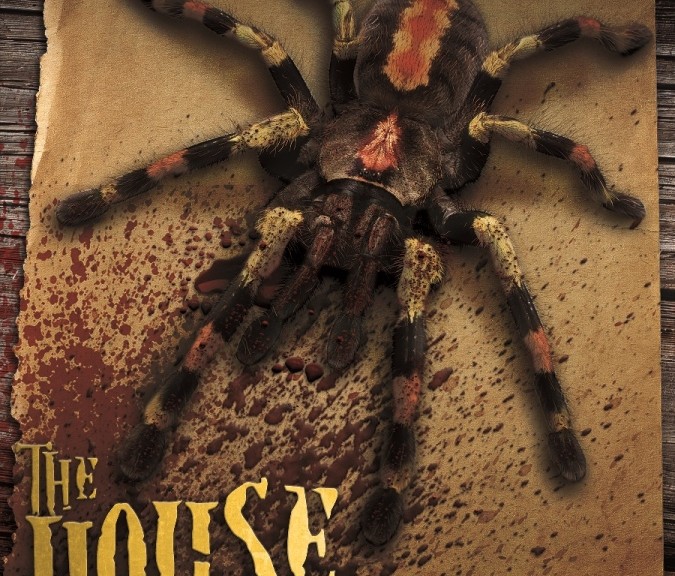
Last year I put together a collection of short stories call House of Phobos vol. 1. It’s sold well, as collections go, and I’ve wanted to put out a second book for some time. I want this one to be more of a true anthology (mostly stories from other authors). I’ll be the publisher, hire an editor, and get another amazingly terrifying cover from Scott Pond. I will probably even include one or two of my own tales, but this is for me to showcase the talent of other authors.
So, here’s what I’m looking for:
Flash fiction (500-1500 words) – For these I’ll pay $10. If it’s a reprint, I’ll pay $5.
Short stories (1500-8000 words) – For these I’ll pay $.01/word up to $50. Half that for reprints.
For that I’m asking for an irrevocable, non-exclusive, worldwide license to distribute the creative works in an electronic text format. I have no plans to make this a print book or an audio book. If I do that, I would negotiate for those rights separately and pay additionally for them.
What the story needs to be about. Fear. Show me a phobia come to life. Make it as visceral (with little actual viscera please) and terrifying as you can. You can do that in almost any genre, but lets face it, horror is where this would work best. Throw in a dash of romance or science fiction or fantasy if you like, but scare our readers.
My budget has its limits, but I would like to have as many as eight total stories. Carving out one slot for me, that leaves seven. I hope to have more than that number submit. To make life easy one me, I’ll be accepting pitches, NOT COMPLETED STORIES, starting today and closing on Halloween at midnight. Send me an email with “Phobos Submission: Story Title” in the subject to scott@scottroche.com. Include the phobia, your proposed length, if this is a reprint, and a 250 word max. synopses in the body of the email. All of this will help me plan the budget and make sure there’s no (or minimal) duplication of phobias.
I would prefer that you do not duplicate any of the phobias from volume one (spiders, dentists, heights, failure, losing your memory, loneliness, darkness). There will be at least one clown story. There has to be. If you want that slot, you may have to tear it from my cold, dead fingers.
Once my dance card is full, I will contact the selected authors and give them a deadline.

